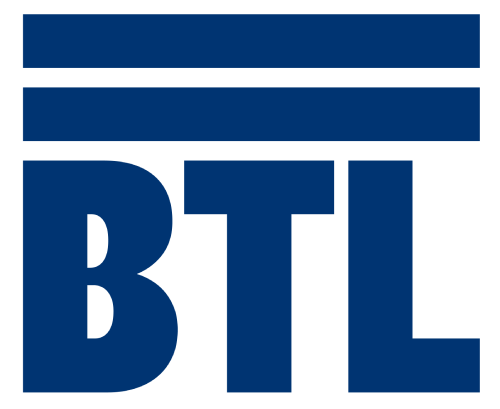How Redbird Capital and the Ellisons tricked Hollywood into believing David Ellison controls the majority of the votes at Paramount…when he doesn’t.
”PENSKE-OWNED’ HOLLYWOOD REPORTER HEADLINE: ‘David Ellison will hold full control…’ ‘PENSKE-OWNED’ VARIETY HEADLINE: ‘David Ellison will hold full control…” David will not hold full control, but we’ll get to that. …David Ellison is the luckiest person on the planet thanks to genetics. His father Larry Ellison, one of the world’s richest men bankrolled his company, Skydance, from inception. In exchange for the investment, David’s father had final say over all important financial issues. This reminded the Hollywood community who called the shots…and it also reminded David that he who invests the gold makes the rules. Flash forward to today as David’s father has yet again stepped up to significantly bankroll David’s acquisition of Paramount. But, unlike Skydance which was just a financial vehicle where no one really cared who ran it as long as its money was real, Paramount is a heavyweight distributor that carries a lot more weight and responsibility and power in Hollywood. As such, for the son to be perceived as the boss and not just as the son of the boss, it was crucial that David be the final stop on all important financial decisions for films and television shows (and everything in between) aka the person Bryan Lourd could negotiated with exclusively to make magic happen. After the acquisition was approved and the final filing with the FCC was made public, media companies reported that while Larry Ellison was previously listed as the majority vote holder, David would now control the majority of votes and that Paramount begins and ends with him and no one else. BUT, here’s the problem and it’s a big one. The majority of the votes at Paramount are not controlled by David Ellison, but rather by Redbird and Larry Ellison combined. David is a figurehead. How do we know this? Basic boring math. NAI is the entity that owns 100% of the votes of Paramount Global. NAI is made up of several separate companies (LLCs) 77.5% of NAI (the votes) is controlled by Ellison family-owned companies (LLCs) 22.5% of NAI (the votes) are controlled by a Redbird Capital owned company (LLC) Of the 77.5% of the votes controlled by the Ellison family, David Ellison controls 64.5% of the votes and Larry Ellison controls 35.5% of the votes (via his own separate company LLC) And it’s the 64.5% that the media held onto, but, David does not control 64.5% of 100% of the votes… He controls 64.5% of 77.5% (Ellison owned LLCs) of 100% of the votes…with Larry controlling 35.5% of 77.5% and Redbird controlling 22.5% . David only controls 49.998% of the votes out of 100% of NAI. BOTTOM LINE: LARRY ELLISON AND REDBIRD CONTROL THE COMBINED MAJORITY OF 50.01% OF THE VOTES. He who invests the gold makes the rules…and who knows this? Bryan Lourd. The Lord of Darkness has already had the bat phone installed for he and David’s father to get business done the CAA way.

